Immunohistochemistry and Immunofluorescence (IHCIF):
A Histochemical Society Hands-on Training Course/Bootcamp
NEXT COURSE - October 4 - 9, 2026! HCS is returning to Woods Hole, MA!
More details coming in early February 2026. In the meantime, the information below from 2023 is provided to give a sense of the scientific content and type of faculty you might expect for the course.
Check back for updates on the 2026 course dates.
The Histochemical Society will be back at MBL in Woods Hole, MA!!!
This 4.5-day laboratory short course is ideal for experimental and translational research scientists, diagnosticians, and technical staff who are new to immunohistochemistry and immunofluorescence or those with experience who aim to take their skills to the next level. Our faculty are expert practitioners with diverse backgrounds in terms of the theory and application of these techniques as well as microscopy. Faculty to student ratios are low (1:3 or better) to maximize participants’ experience at the course and foster networking opportunities during and beyond the course.
Space limited to 24 participants
Registration Fee: TBD
4.5 Day Training Workshop (45 contact hours)
Meals and housing are available at MBL. You will have the option to select this when you register for the course.
For information, contact: [email protected]
Topics:
- Pre-analytics: Sample acquisition, fixation, processing embedding and microtomy
- Reagents and validation: Reagents, antibody validation, protocol optimization and controls
- Fundamentals of labels and stains: color, chromogen and fluorescent detection systems
- Microscopy basics: transmitted light and fluorescence microscopes, limitations of the microscope and slide
- Faculty facilitated discussions
- Troubleshooting sessions
- Advanced immunohistochemistry topics: antigen retrieval, multiplex immunohistochemistry, other detection systems and molecular targets
- Horizon Lectures – automated IHC, quantitative digital pathology, digital imaging and deep learning, highly multiplexed IHC and TBA
Hands-on Laboratories:
- Immunohistochemistry laboratory
- Dual label immunofluorescence laboratory
- Microscopy and digital imaging
- Coverslipping
Information will be updated in early February 2026. In the meantime, the information below from 2023 is provided to give a sense of the type of faculty you might expect for the course.
Guest Lecturer:
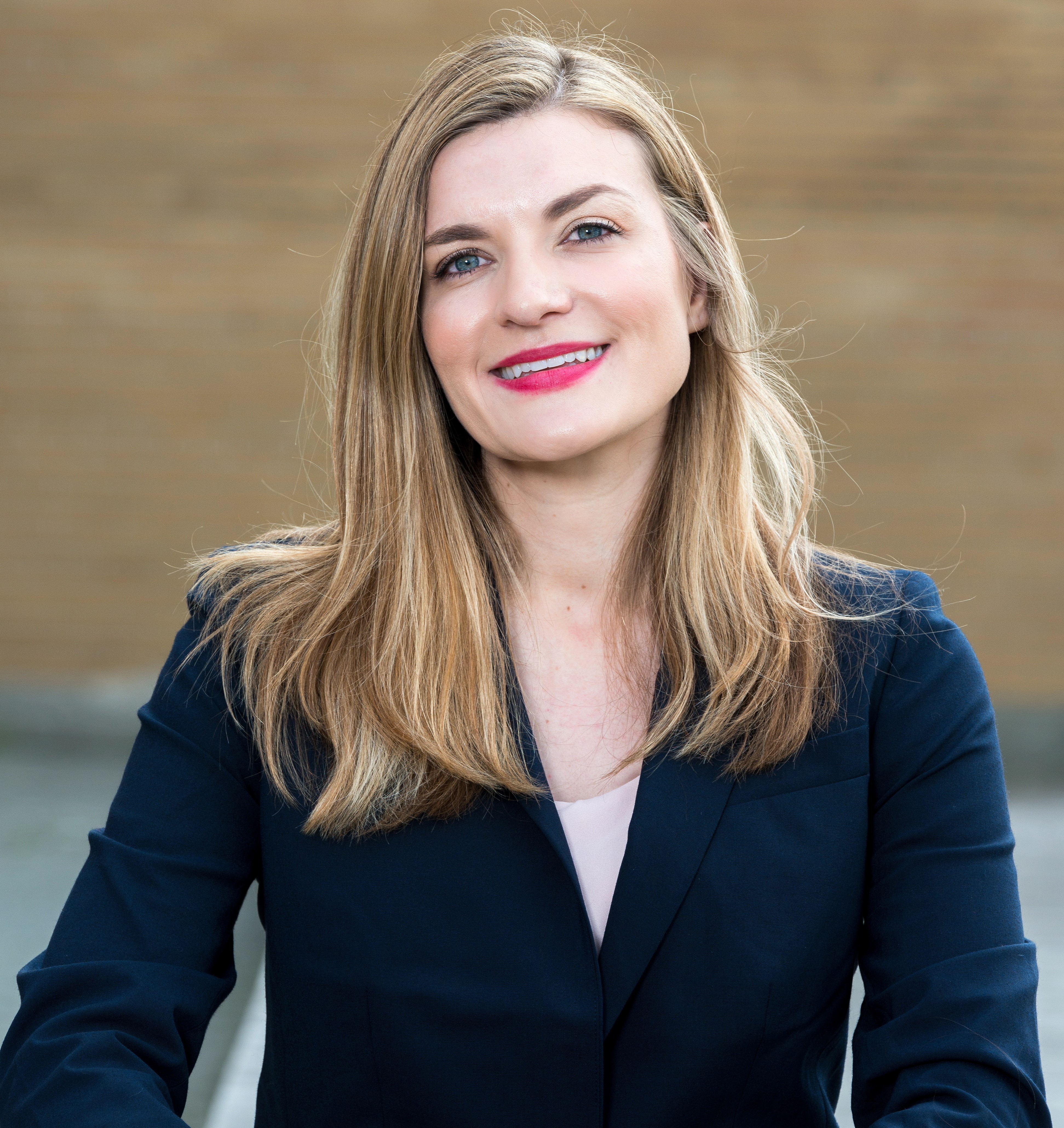 |
This year we welcome Andrea J. Radtke, PhD, National Institute of Allergy and Infectious Diseases (NIAID.) Dr. Radtke will give a horizon lecture on Multiplexing methods and antibody validation for large scale tissue mapping initiatives.
Dr. Radtke is an Associate Scientist at the National Institutes of Health. Andrea specializes in advanced microscopy techniques including a multiplexed antibody-based imaging method, IBEX, she developed with colleagues. Andrea is passionate about team science and leads several community efforts within the field of spatial biology.
|
Faculty:
Faculty to student ratios are low (1:3 or better.) The course offers a unique opportunity to learn from the best in the field and to continue collaborations after the event closes.
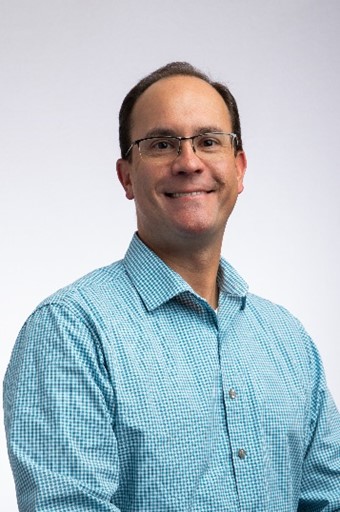 |
Joseph Cheatwood, PhD
Southern Illinois University School of Medicine in Carbondale, Illinois
Joe Cheatwood is Associate Professor and Chair of Anatomy and Neurobiology at (SIUSOM-C). He also serves as Director of Education, Histology, and Imaging Resources for SIUSOM-C, where he oversees the Histology Core and microscopy facilities, which include light, fluorescent, and confocal microscopes. Dr. Cheatwood has utilized many different histochemical and imaging techniques in his translational neuroscience laboratory and in many collaborative research projects, spanning disciplines from comparative neuroanatomy, experimental psychology, nutritional neuroscience, reproductive physiology, and beyond.
|
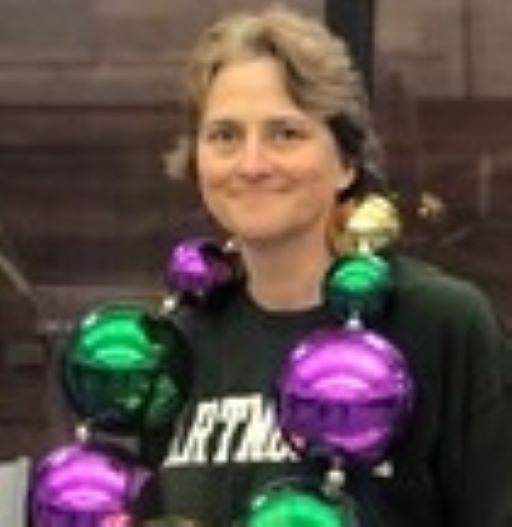 |
A. Sally Davis DVM, PhD, DACVP, DACVM
Principal at Horner Davis Consulting, Manhattan, KS; Adjunct Faculty, Department of Diagnostic Medicine/Pathobiology, Kansas State University, Manhattan, KS
Extraordinary Faculty, Department of Paraclinical Sciences, Veterinary Faculty, University of Pretoria, Onderstepoort, Gauteng, South Africa
Sally Davis is a board-certified veterinary pathologist and microbiologist whose research focuses on emerging and zoonotic viral pathogens. She has 15 years of experience in the development of tissue-based assays, particularly immunohistochemistry, for a diverse array of species, tissue and target types. She is an educator who has taught both trainee and established researchers these techniques in her laboratory at Kansas State University. |
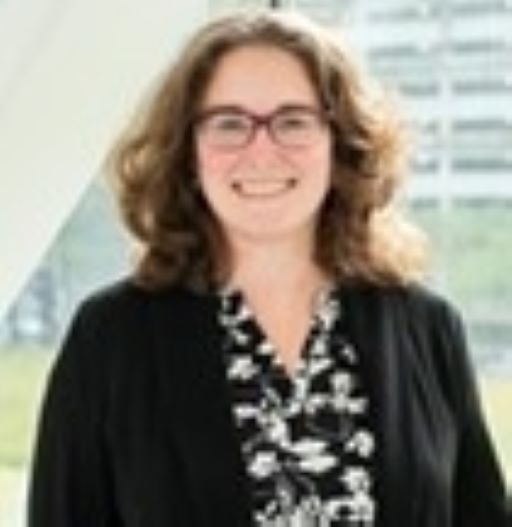 |
Francesca E. Duncan, PhD
Associate Professor, Department of Obstetrics and Gynecology, Feinberg School of Medicine, Northwestern University
Co-Director, Center for Reproductive Science, Northwestern University
Associate Professor-in-Residence, Buck Institute for Research on Aging, Novato, CA
Francesca Duncan is a reproductive biologist whose research focuses on mechanisms of female reproductive aging. Given the complex tissue architecture and cellular heterogeneity of the mammalian ovary, histology and histochemical approaches are central to her research in multiple species including human, nonhuman primate, cow, pig, mouse, and naked mole rat. She is a proud alumna of the 2016 Immunhistochemical and Microscopy course which is the predecessor of the current course and now serves on the Histochemical Society Council. |
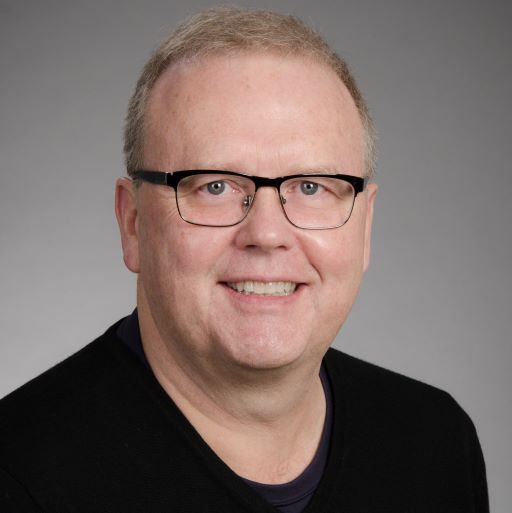 |
Charles W. Frevert, DVM, ScD
Professor, Department of Comparative Medicine, University of Washington (UW), Seattle, WA
Professor, Department of Medicine, Division of Pulmonary Critical Care Medicine and Sleep Medicine, UW
Adjunct Professor, Laboratory Medicine and Pathology, UW
Charles Frevert, a veterinary scientist, and comparative pathologist, is a professor in the Department of Comparative Medicine at the University of Washington School of Medicine. In addition to his research, Dr. Frevert is the Director of the Histology and Imaging Core, a state-of-the-art research pathology laboratory at the University of Washington specializing in immunohistochemistry and quantitative digital pathology. |
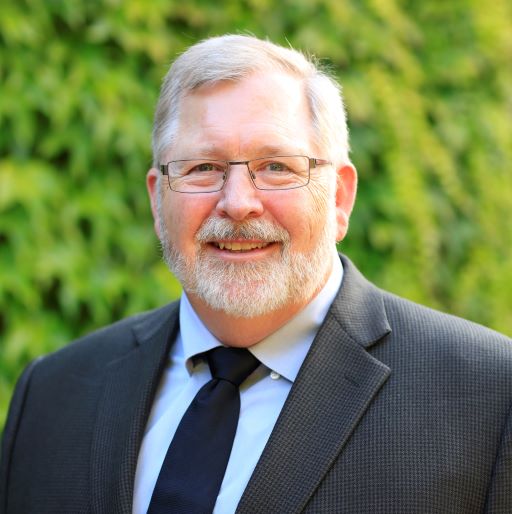 |
Paul C. Goodwin, MS
Past-President, The Histochemical Society
Science Director, Cytiva,Seattle, WA
Affiliate Teaching Associate, Department of Comparative Medicine, University of Washington, Seattle, WA
Paul Goodwin is the Science Director for Cytiva, Seattle, WA. He explores the future of science, technology, and business models that will affect Life Sciences and investigate ways to convert challenges into business opportunities. He has been on the faculty for numerous microscopy courses at the Marine Biological Laboratory (MBL) in Woods Hole, MA, and Cold Spring Harbor Laboratories, Cold Spring Harbor, NY, for many years and he is the Past-President of The Histochemical Society. |
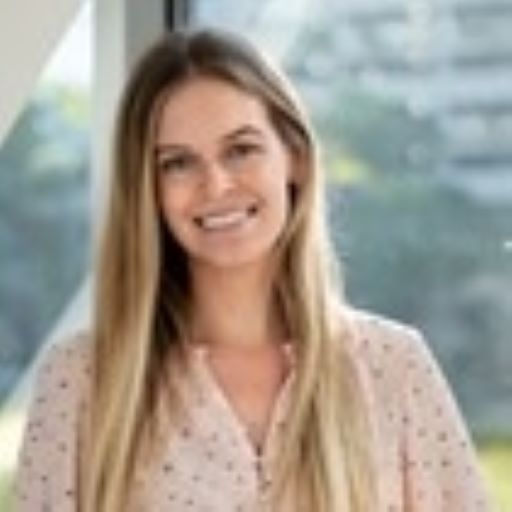 |
Madison Gowett
Graduate Student, Molecular, Cellular and Developmental Biology, Yale University
Madison Gowett is a master’s student at Northwestern University in the Duncan Lab and her research focuses on ovarian aging. Specifically, she is interested in developing novel 3D culture approaches to study aging in the ovarian stromal compartment, and she utilizes various histochemical techniques to characterize this system. |
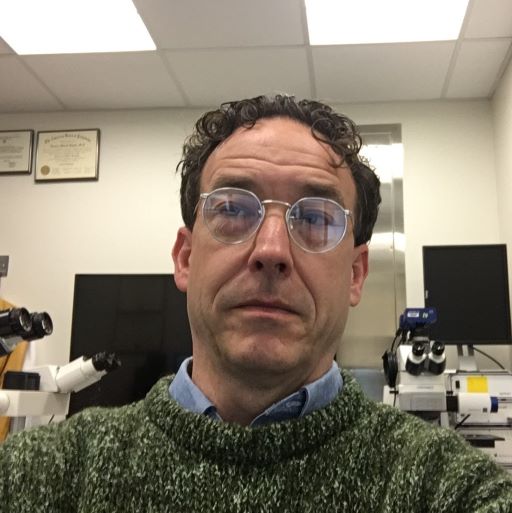 |
Stephen M. Hewitt. MD, PhD
Head, Experimental Pathology Laboratory, Center for Cancer Research, National Cancer Institute, NIH, Bethesda, MD
Stephen Hewitt is Editor-in-Chief of the Journal of Histochemistry & Cytochemistry and co-chaired the Clinical Laboratory Standards Institute committee on guidelines for immunohistochemistry in clinical diagnostic laboratories. |
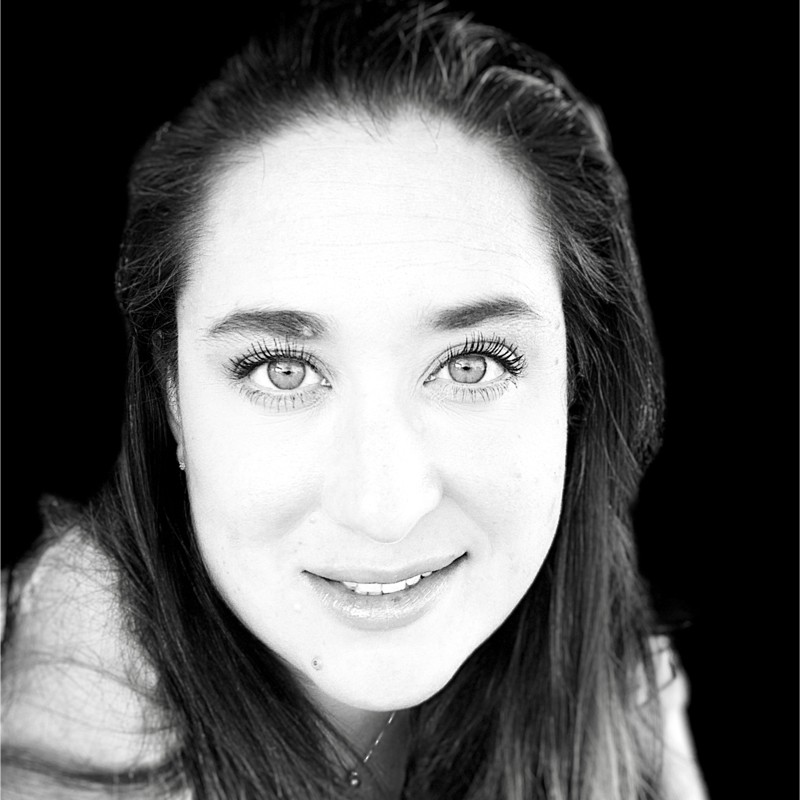 |
Amber Leigh Ortiz, PhD, Senior Image Scientist at Indica Labs, Corrales, New Mexico
Amber completed her PhD in Immunology at the Anschutz Medical Campus of the University of Colorado. Her research interests were in Cancer Lung Immunology. Particularly, Innate Immunology and the effects of bacterial proteins on inflammatory activation and tumor burden. She utilized research tools such as protein production, flow cytometry, immunocytochemistry, and mouse models to investigate the immune mechanisms. Following a short postdoc, her interest in immunocytochemistry lead her to her current career in digital pathology. Today, she utilizes digital pathology and quantitative image analysis to help Pharmaceutical, contract research organizations and research institutes all around the world answer questions to achieve their research goals.
|
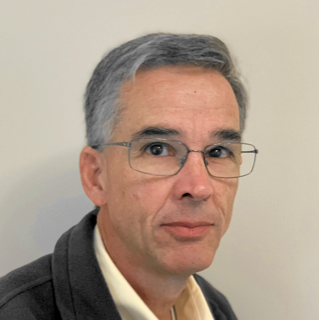 |
Frank Peale, MD PhD, Distinguished Pathologist, Genentech, San Francisco, CA
Frank Peale has 24 years’ experience in Genentech’s Research Pathology department collaborating with other investigators to provide tissue-based endpoints, including immunohistochemistry, for basic science and early clinical development projects. He has a particular interest in developing methods to allow antibody-mediated staining to be performed and evaluated consistently in different labs.
|
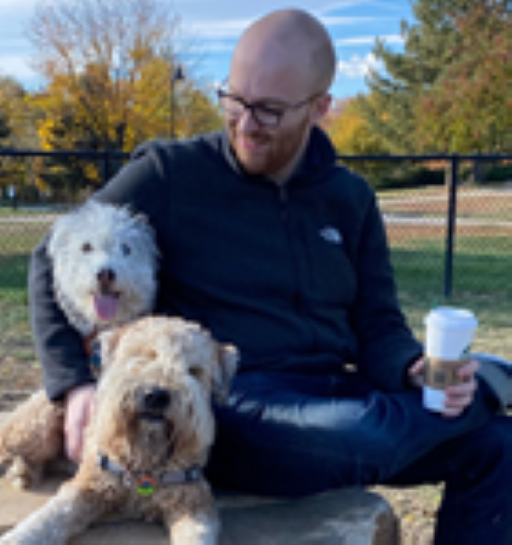 |
Leon Schermerhorn, DVM, Relief Veterinarian, VCA Animal Hospitals,
Denver, CO
Leon Schermerhorn is a licensed small animal veterinarian with a special interest in veterinary anatomic and experimental pathology. He has worked with Sally Davis on various projects including IHC protocol automation and primary cell culture of zoonotic mammalian pathogens. He particularly enjoys immunohistochemistry and exploring its uses in diagnostic and experimental settings.
|
Registration:
The Histochemical Society is pleased to be partnering with the Marine Biological Laboratory in Woods Hole, MA. The registration process is managed by MBL. Registration will open in late February 2026.
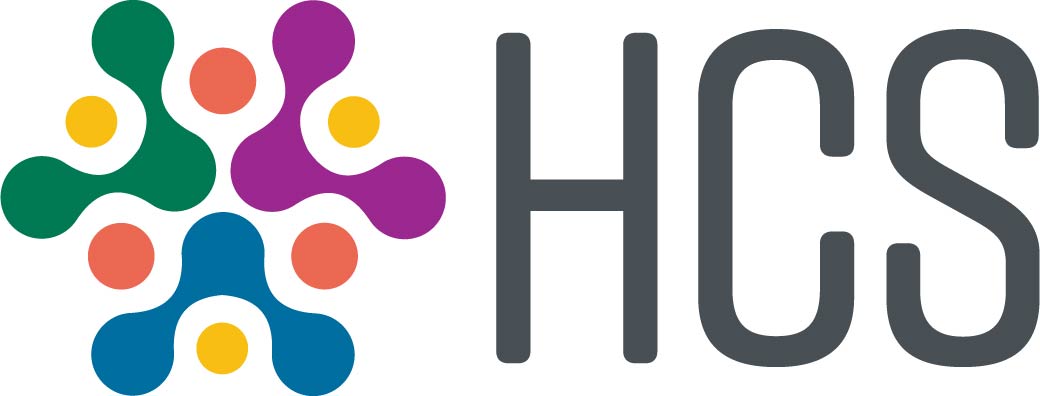 Travel Awards: Travel Awards:
HCS will be offering awards to assist those who will travel to the course. Affordable dorm and meal packages are are available at MBL. But we understand travel costs add up. Once you register for the course, out of town registrants may apply for an HCS travel award.
When applying for a travel award, please have your CV/resume, a letter of application (why you are interested in the course and how a travel award would help) and a letter of recommendation. Please have all of these documents ready to upload in ONE pdf. Applications are reviewed on a rolling basis with a final application deadline two weeks before the course start date.
Travel award application link will be posted here when available.
Sponsorship:
Be a part of this course! Support the program with in-kind donations, travel grants, or general financial sponsorship. Find out more HERE.
|












 Travel Awards:
Travel Awards: